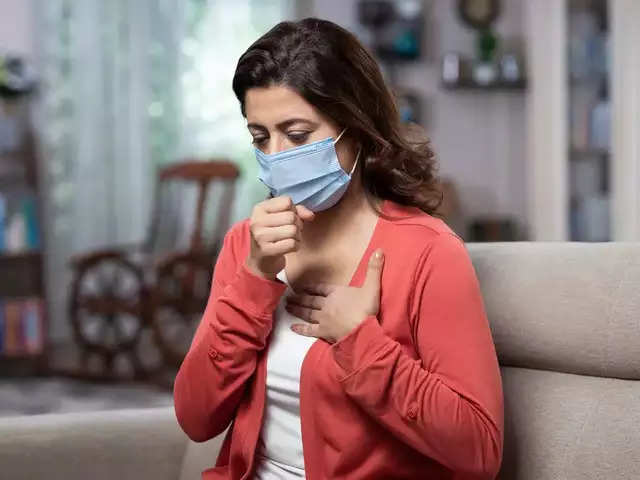The action comes after the Centre issued an advisory to States and Union Territories urging them to immediately review public health and hospital preparedness measures.
The Karnataka Health Department also issued an advisory for citizens to be aware of the seasonal flu virus in regard to the same.
As per the advisory, Seasonal flu, a key concern in the advisory, is an infectious disease that typically lasts five to seven days and is known for its low morbidity and mortality rates.
However, it poses a higher risk to infants, the elderly, pregnant women, the immunocompromised, and those on long-term medications such as steroids, who may require hospitalization.
The symptoms include fever, chills, malaise, loss of appetite, myalgia, nausea, sneezing, and a dry cough that can last up to three weeks in high-risk groups.The advisory also mentions the do’s and don’ts to avoid any kind of infection. These include covering the mouth and nose while coughing or sneezing, frequent hand washing, avoiding unnecessary touching of the face, and using face masks in crowded places. Earlier, the Union Health Ministry in its advisory on Sunday said that currently, the situation is not that alarming, adding that it is closely monitoring the situation.
“In view of the recent reports indicating a surge in respiratory illness in children in northern China in recent weeks, the Union Health Ministry has proactively decided to review the preparedness measures against respiratory illnesses, as a matter of abundant caution. This is noted to be important in view of the ongoing influenza and winter season that results in an increase in respiratory illness cases. The government of India is closely monitoring the situation and indicated that there is no need for any alarm,” the ministry said.
Union Health Secretary has also written a letter to States and UTs advising them to immediately review public health and hospital preparedness measures.
“All States and Union Territories have been advised to implement ‘Operational Guidelines for Revised Surveillance Strategy in the context of COVID-19’, shared earlier this year, which provides for integrated surveillance of respiratory pathogens presenting as cases of influenza-like illness (ILI) and severe acute respiratory illness (SARI),” the ministry said.


